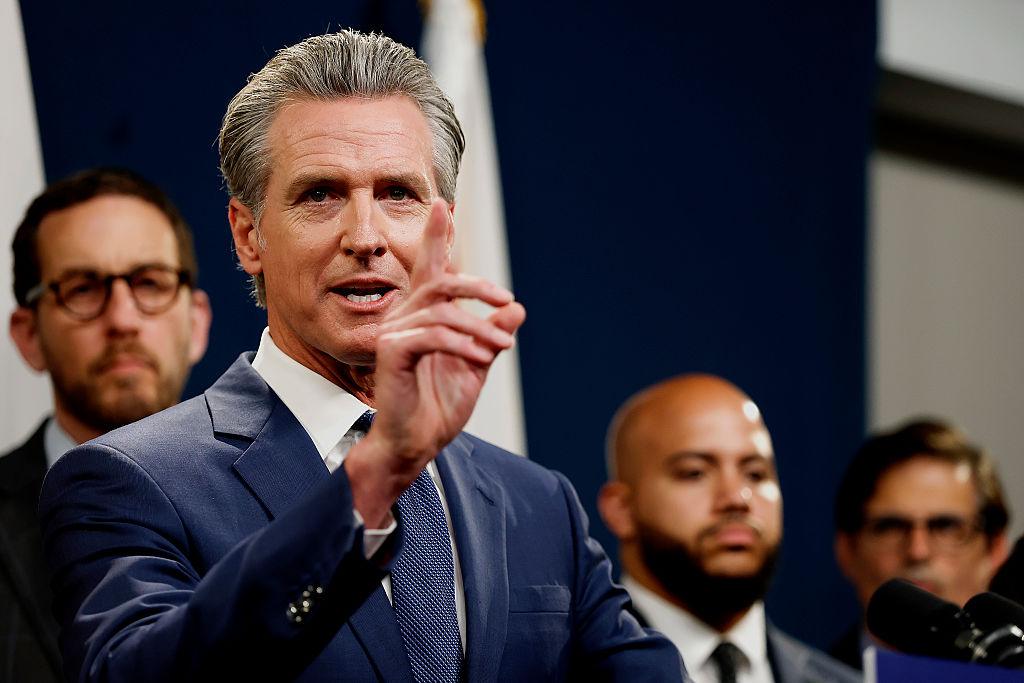Some fast-food chains end restrictive "no-poach" clauses
Seven national fast-food chains are ending policies that blocked workers from changing branches — limiting wages and job opportunities — under the threat of legal action from Washington state.
Washington Attorney General Bob Ferguson announced a binding agreement on Thursday with companies including Arby's, Buffalo Wild Wings, Carl's Jr., Jimmy John's and Cinnabon. McDonald's also signed on, but previously announced plans to end the practice.
"Our state antitrust laws are very clear: Businesses must compete for workers the same way as they compete for customers," Ferguson said. "You can't rig the system to avoid competition."
The agreement applies not only to the companies' Washington locations, but nationwide, according to the AG's office.
These so-called no-poach policies prevent franchises from hiring workers away from other franchises of the same chain. That's been considered convenient for franchise owners, but has blocked experienced workers at one franchise from getting a better-paying job at another.
More than half of major franchises had no-poach clauses their contracts, the Brookings Institution found last year, even though the Department of Justice has found such agreements illegal under antitrust laws. Their prevalence is one reason that worker wages have stagnated despite historically low unemployment and job turnover, labor groups say.
Ferguson credited the seven fast-food companies for quickly agreeing to end the practice nationwide in response to his legal threats and said fast-food chains that don't follow suit will be sued.
On Monday, a coalition of 11 Democratic state attorneys general, led by Maura Healy of Massachusetts, announced a separate investigation into the no-poach agreements at several chains, including Arby's, Burger King, Dunkin' Donuts, Five Guys Burgers and Fries, Little Caesars, Panera Bread, Popeyes Louisiana Kitchen and Wendy's.



